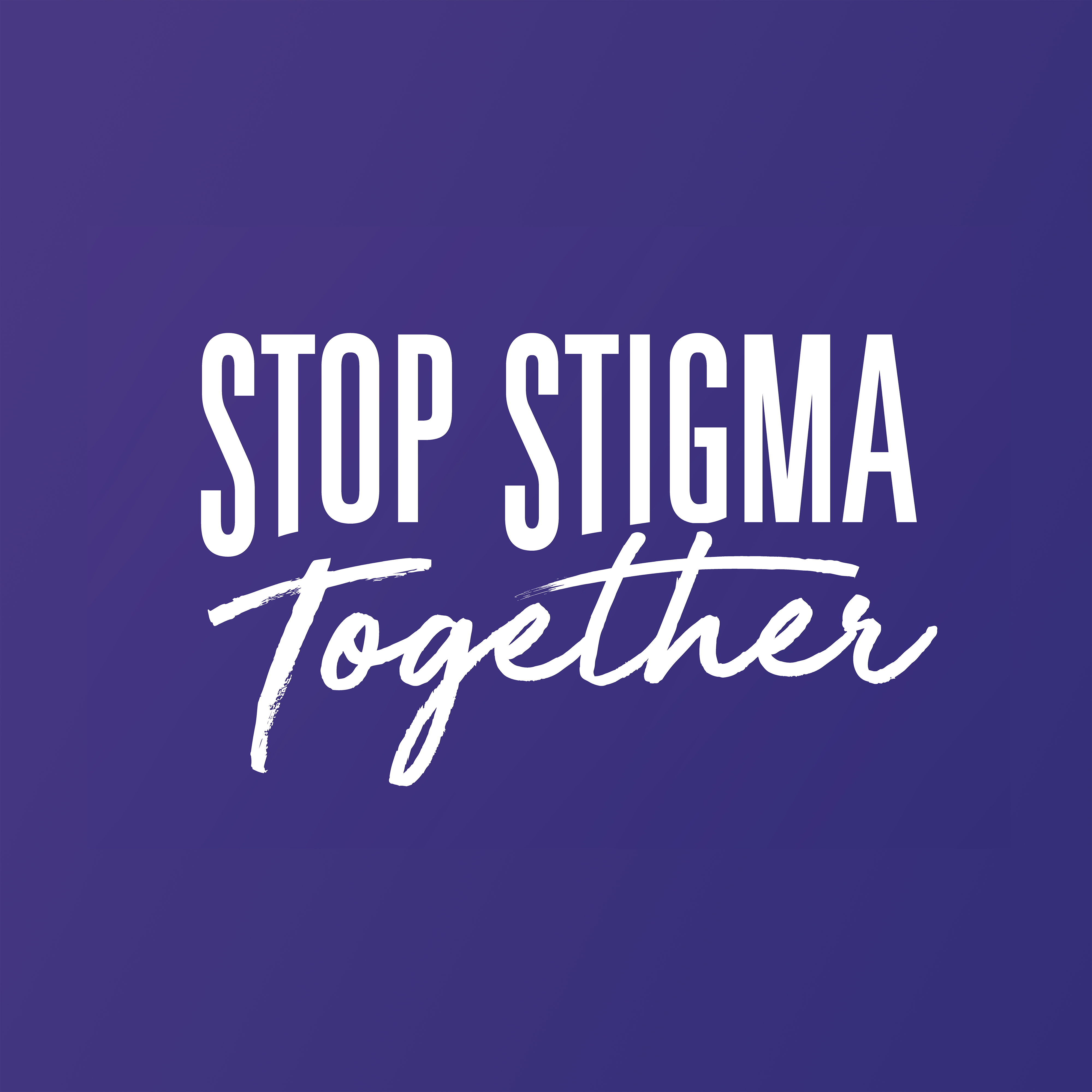-
Common and Widespread: Mental health issues are incredibly common. According to the World Health Organization, one in four people worldwide will be affected by a mental or neurological disorder at some point in their lives. This means that most of us will either experience mental health challenges ourselves or know someone who does.
-
Stigma's Negative Impact: The stigma associated with mental health issues often leads to shame, fear, and discrimination. This can prevent individuals from acknowledging their struggles or seeking help, worsening the impact of these conditions.
-
Mental Health is Health: Mental health is an integral part of overall health. Just as we seek medical treatment for physical ailments, it's essential to seek help for mental health concerns. These conditions can be managed and treated with the right support and resources.
-
Prevention and Early Intervention: Open conversations about mental health can help identify issues early and prevent them from escalating. Early intervention is often more effective and can lead to better outcomes.
-
Supportive Communities: Creating a culture of understanding and empathy around mental health encourages individuals to seek help and share their experiences. Supportive communities, both online and offline, can provide valuable resources and encouragement.
-
Breaking Down Barriers: Open conversations help break down the barriers that separate individuals experiencing mental health challenges from the support and resources available to them. This can be particularly important for vulnerable populations, including youth, LGBTQ+ individuals, and minorities, who may face additional challenges due to stigma.
-
Educational Opportunities: Talking openly about mental health provides opportunities for education and awareness. It can help dispel myths and misconceptions and promote a more accurate understanding of these issues.
To reduce the stigma associated with mental health issues and encourage open conversations:
-
Speak Up: Share your experiences and feelings, if you're comfortable, to create a safe space for others to do the same.
-
Be Empathetic: Listen without judgment and offer support to those who confide in you about their mental health.
-
Educate Yourself: Learn more about mental health and the resources available in your community. This knowledge can be invaluable for you and others.
-
Promote Mental Health Services: Encourage friends, family, and colleagues to seek professional help when needed. You can help by providing information about available resources.
-
Challenge Stereotypes: Don't perpetuate or tolerate harmful stereotypes about mental health. Encourage understanding and empathy instead.
-
Advocate for Change: Support initiatives that aim to reduce stigma and improve access to mental health services in your community and beyond.
Remember, it's okay not to be okay sometimes, and it's okay to seek help when you need it. Reducing the stigma surrounding mental health issues is not just a matter of changing individual attitudes; it's about creating a society that values and prioritizes the well-being of every person. When we openly discuss mental health, we contribute to a world that is more compassionate, supportive, and understanding, making it easier for individuals to seek the help and support they deserve.




Comments (0)